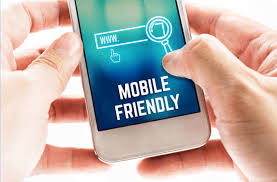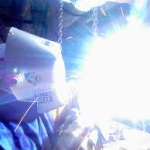In the digital era, a website is the first point of contact between a business and its potential customers. An effective web design goes beyond just aesthetics – you need your site to be usable, functional and encourage user engagement. Here we share six key web design components.
1. Layout
A well-structured layout will help in organising your content logically so that users can easily find information. It creates a visual hierarchy that guides users through the site.
– Use a grid system to keep alignment and balance.
– Keep the design clean and uncluttered to avoid overwhelming users.
2. Easy Navigation
Good navigation reduces bounce rates by making the site easier to explore. You can guide users towards desired actions, such as making a purchase, signing up for a newsletter or filling out a contact form.
– Implement a consistent navigation structure across all pages.
– Include a search bar for quick access.
3. Responsiveness
With the increasing use of mobile devices, responsive design ensures that the website is accessible and functional on all platforms. Responsive websites are also favoured by search engines. If you are looking for web design Surrey, ensure you choose an agency like https://www.akikodesign.com/design/web-and-digital/that can work on your site’s responsiveness.
– Use flexible grid layouts and scalable images.
– Make sure to test the website on various devices and screen sizes.
– Prioritise mobile-friendly design elements.

- Typography
Good typography is essential. It ensures that your content is easy to digest and helps establish a brand’s identity.
– Choose fonts that are easy to read on all devices.– Maintain a clear hierarchy with different font sizes and weights.
– Make sure there is sufficient contrast between text and background.

5. Search Functionality
A good search feature will give a better user experience. Effective search functionality will reduce navigation time.
– Place the search bar prominently, typically in the header.
– Use auto-suggestions to help users find results faster.
6. Imagery
High-quality imagery will help communicate a brand’s message or story.
– Use high-resolution images.
– Optimise image sizes for faster loading.

